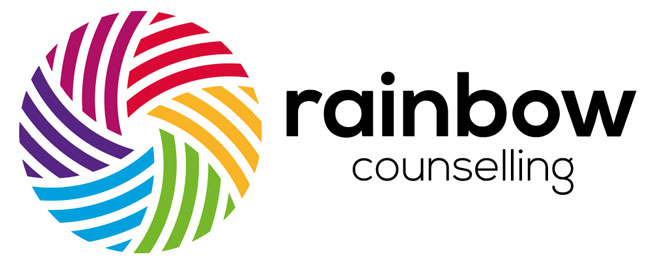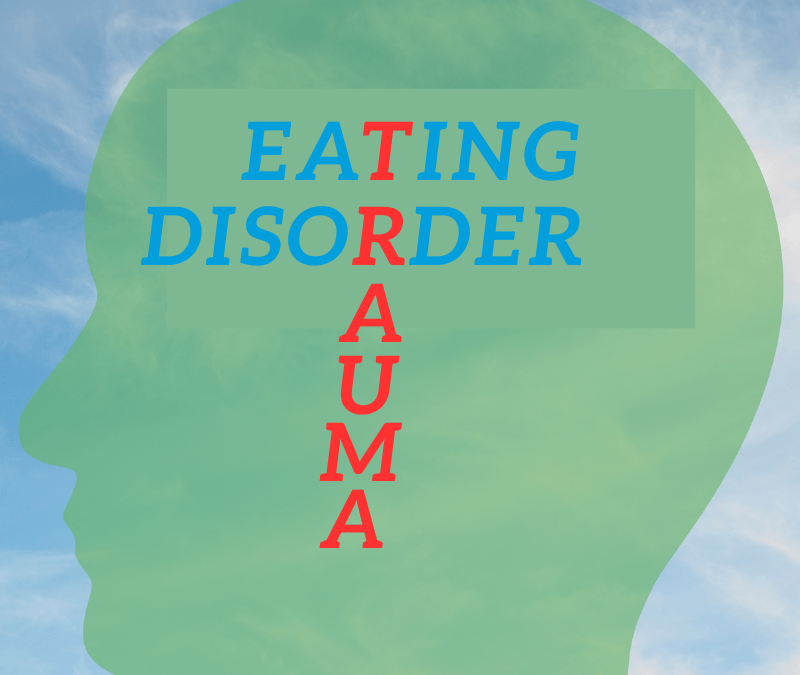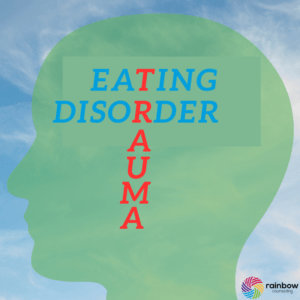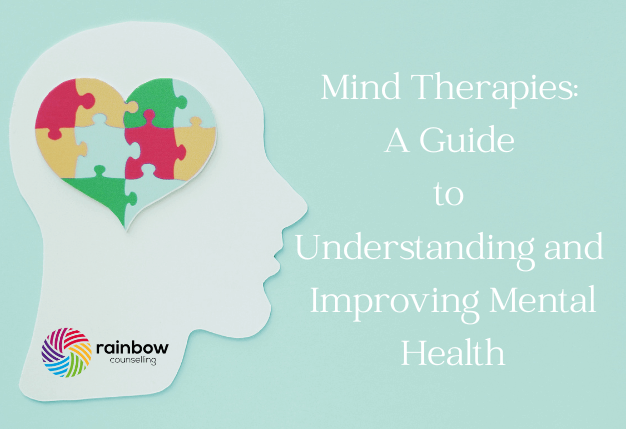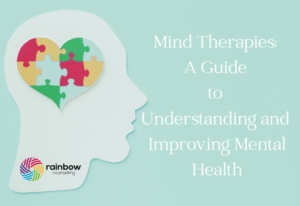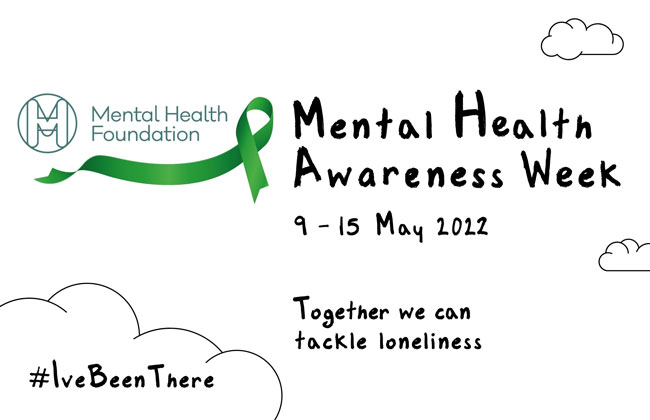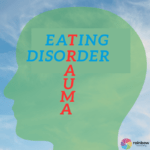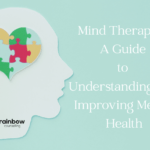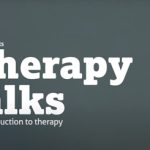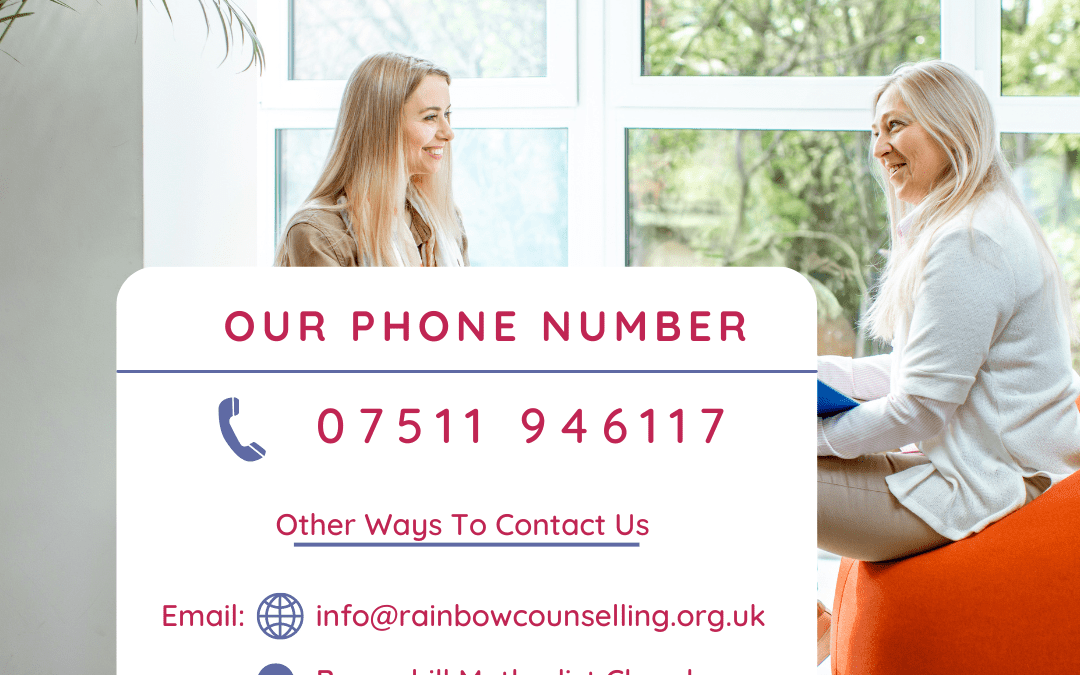
Counselling in Sheffield – Finding affordable therapy
Counselling in Sheffield
Finding affordable therapy
In today’s fast-paced world, life’s challenges can often feel overwhelming, leaving individuals grappling with their emotions and searching for guidance. In Sheffield, a city known for its vibrant community and dynamic culture, a reliable counselling service is crucial to provide much-needed support. If you are seeking a safe space to address your concerns, delve into your emotions, and find solace, look no further than our esteemed counselling service in Sheffield. With over 20 years of experience, Rainbow Counselling have established a reputation for delivering ethical counselling and coaching services, empowering individuals to navigate various challenges effectively.

Rainbow Counselling, Sheffield. – A Trusted Legacy of 20 Years
We have been providing counselling services for over two decades, making a positive impact on countless lives in Sheffield as a Christian Counselling Organisation. Throughout these years, we have honed our skills and knowledge, ensuring that we deliver highest quality services and provide safe, approachable, and inclusive counselling for people of all faiths and also for people of no faith.
Ethical Counselling and Coaching.
Ethics lie at the core of our counselling practice. Our team of skilled and accredited counsellors takes great pride in providing guidance that is not only professional but also morally sound. We strive to create an environment that promotes empathy, compassion, and respect for each individual’s unique journey.
A Diverse Team of Qualified Counsellors
At Rainbow counselling service, we believe in the power of diversity. Our team comprises both male and female counsellors, ensuring that you can find someone who resonates with your specific needs and preferences. Each counsellor brings a wealth of experience and expertise, covering a wide range of specialties.
Life throws different challenges our way, and we understand the complexity of emotions that arise from them. Our counselling service offers support for a variety of issues, including depression, anxiety, identity crises, relationship struggles, addictions, trauma, self-harm, eating disorders, and fertility difficulties.
Tailored Services for Individuals and Couples
We understand that each person’s journey is unique, which is why our counselling services cater to individuals and couples alike. Whether you need personal support or relationship guidance, our counsellors are well-equipped to assist you on your path to healing and growth.
Online and In-Person Options
Accessibility is a cornerstone of our service. We offer both online and face-to-face counselling sessions, providing flexibility and convenience to our clients. With our online services, you can seek support from the comfort of your own home, ensuring that geographical location is not a barrier to seeking help.
Specialised Art Psychotherapy for Children and Young People
We recognise the significance of mental health for children and young people. Our specialised art psychotherapy service is tailored for individuals aged 13 to 20, offering a creative and therapeutic outlet for emotional expression and healing. Art making and the use of images can be a helpful way to help express what may feel inexpressible.
Life’s challenges can be daunting, but with the right support, you can find solace and healing. Our counselling service in Sheffield provides ethical and compassionate guidance for individuals and couples alike. With our team of qualified counsellors and specialised services, we aim to empower you on your journey towards emotional well-being. Remember, seeking help is a sign of strength, and you are not alone.
Whether you need short or long-term support, want to understand your past or work towards the future, our specialised services deliver professional care tailored to your needs.
Don’t Struggle Alone – Contact Us Today
You don’t have to struggle alone. Take the first step today by contacting our Sheffield counselling service for a no-obligation chat. Our goal is to help you find hope, healing, and lasting change.
Reach out now to start your counselling journey.
FAQs: Your Questions Answered
- How do I schedule a counselling session in Sheffield?
At Rainbow Counselling, scheduling a counselling session is easy. Simply visit our website: www.rainbowcounselling.org.uk and click on the “Contact Us” page to find our contact information. Reach out to us, and our friendly staff will guide you through the process.
- Is online counselling as effective as in-person sessions?
Yes, online counselling can be just as effective as in-person sessions, especially for individuals with busy schedules or limited mobility. We ensure a secure and confidential platform for your virtual sessions.
- What age group does your specialised art psychotherapy cater to?
Our specialised art psychotherapy is designed for young people aged 13 to 20. It provides a unique and creative way for them to express themselves and explore their emotions.
- Are your counsellors licensed and accredited?
Yes, all our counsellors are qualified and accredited professionals with years of experience in the field of counselling and psychotherapy.
- How many sessions will I need to see progress?
The number of counselling sessions required varies for each individual and the nature of their concerns. During your initial session, your counsellor will discuss a personalised plan that best suits your needs.
To talk to one of our counsellors or to learn more about our services:
Call us on 07511946117 or visit our website – https://rainbowcounselling.org.uk
